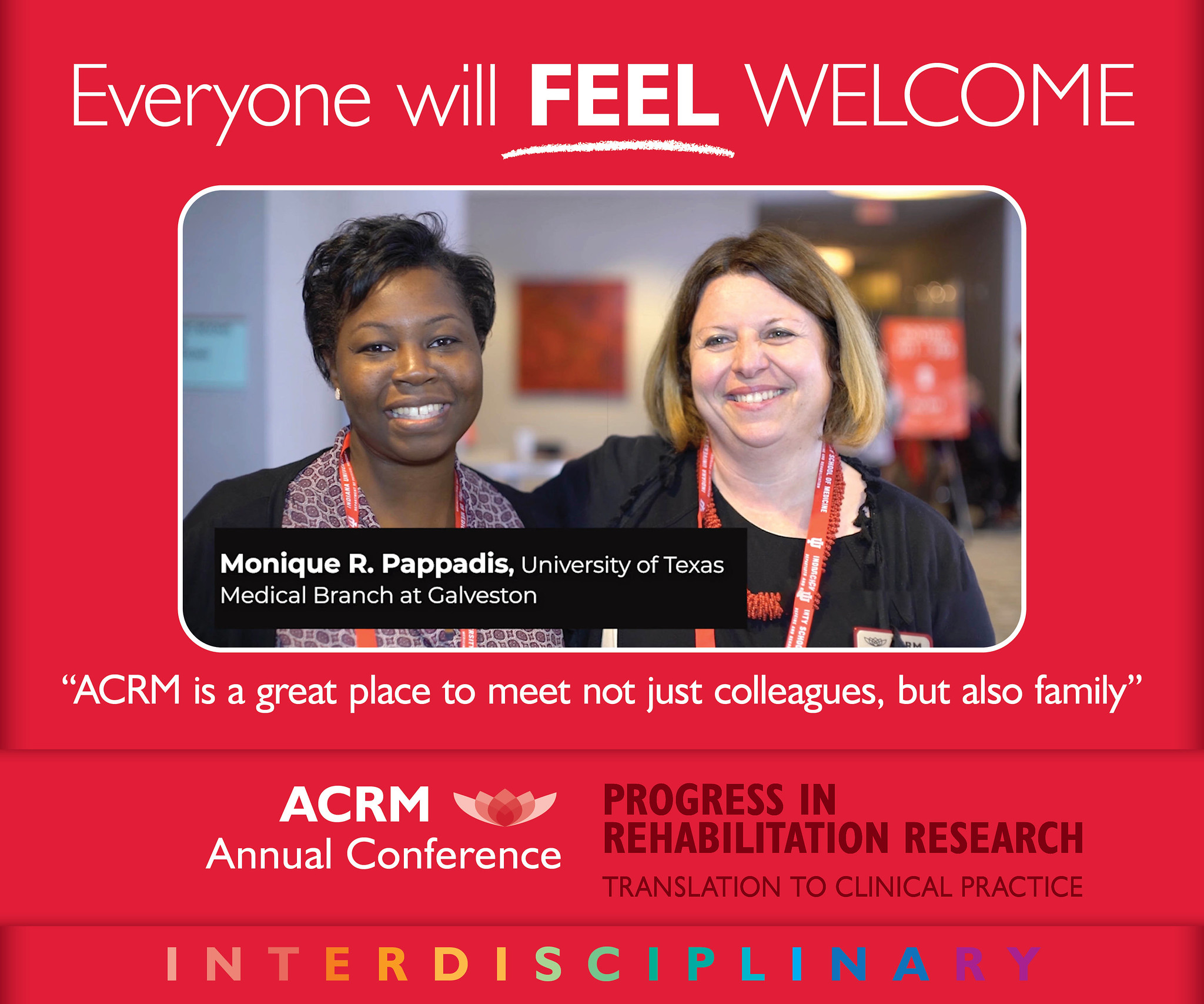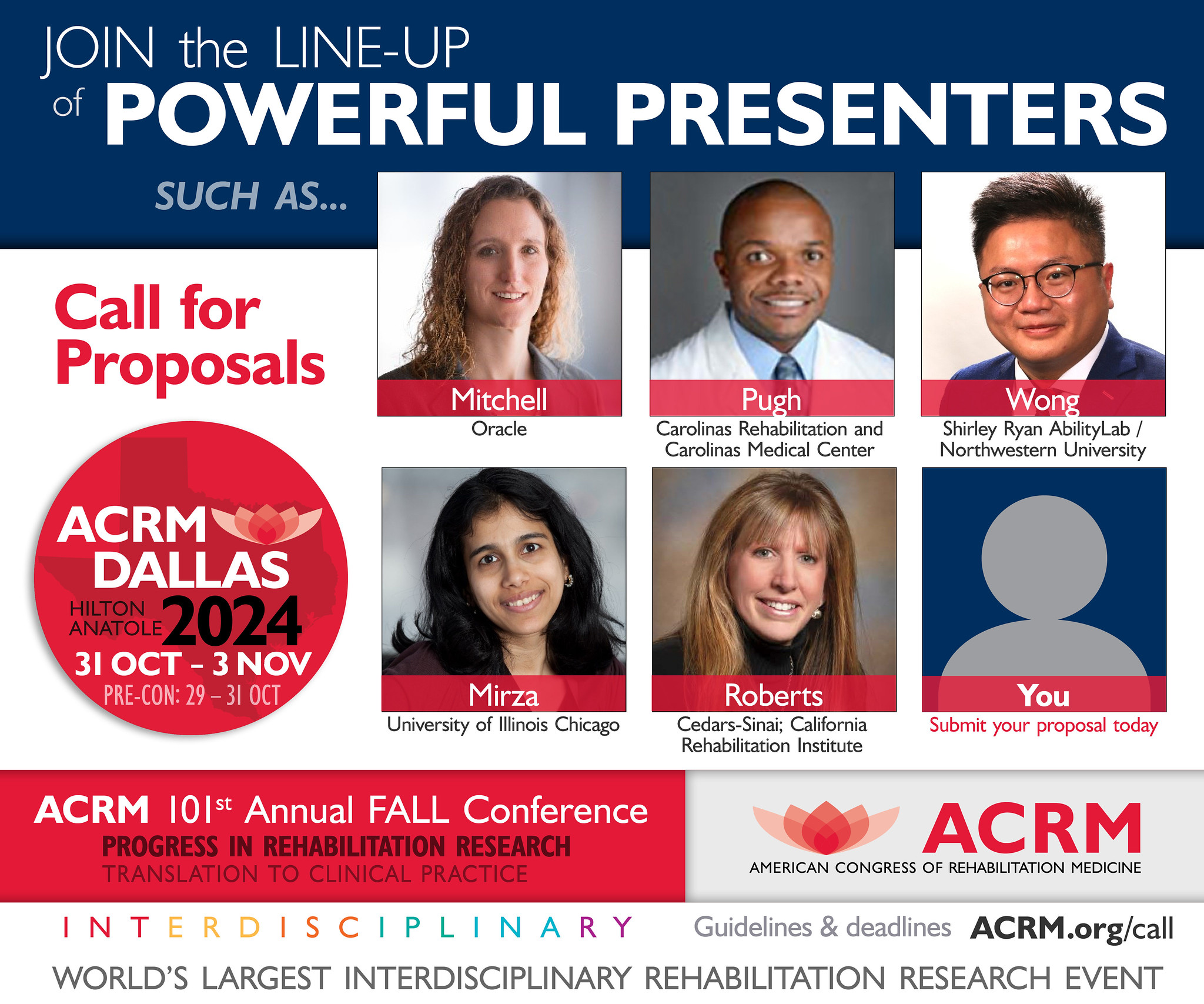Task Force in the Spotlight

Todd Levy
The Pediatric Stroke Task Force was recently developed to support the mission of the Stroke ISIG. We interviewed Co-Chair, Todd Levy, MS, OTR/L, CBIST to learn more.
Q1. Why did you see a need to start this task force?
A: Stroke is the sixth leading cause of death in children and is a major cause of disability in children. In addition to documented neurocognitive, neurobehavioral, and motor deficits, parents and patients report unmet needs relating to school and leisure activities, and social relationships. The needs of children with stroke are unique across the continuum of care. While pediatric stroke research has grown rapidly in the past decade, it lags far behind the advances made in adult stroke research. Rehabilitation approaches for pediatric stroke are understudied and should be considered through the lens of dedicated pediatric experts, as age-dependent differences in recovery are likely greater in pediatrics as development interacts with recovery.
Q2. How does this task force contribute to the goals of the stroke ISIG?
A: Our task force united a unique group of pediatric neurologists representing the medical side and pediatric allied health professionals. This group is passionate about advancing stroke research as well as translating and disseminating knowledge. Our goals essentially mirror those of the ISIG at large while custom tailed for children.
Q3. What are the directions and goals you see for this task force in the coming year?
A: The task force decided to spend the next year or two producing how-to level knowledge translation tools such as IEPs and instructional videos. We are actively discussing ways to help advance pediatric stroke research, likely starting with a white paper. The task force is developing two subcommittees, one dedicated to research advocacy and the other to knowledge translation. I am pleased to report many of our members want to serve on both subcommittees. We hope to add to the growing pediatric conference content by presenting multiple symposiums in Atlanta, 2020.
Q4. Is there anything else that you feel is important about this task force that you would like for people to know?
A: Most of our members are new to ACRM and are excited about ACRM’s expanding support of pediatrics. The comradery and brainstorming has already expanded beyond our task force to the BI-ISIG Pediatric and Adolescent Task Force and the Pediatric Networking Group.









